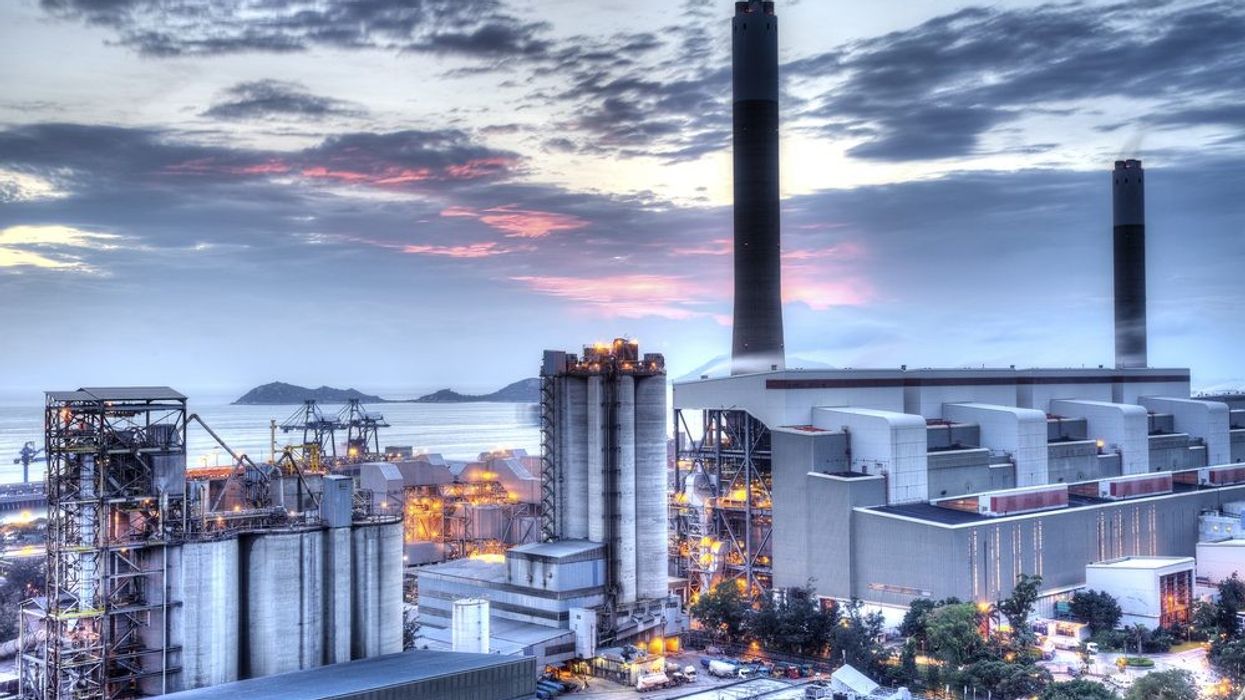Canada’s federal carbon tax hit $50/t in April, driving home the necessity for an increasing number of companies to begin adopting renewable natural gas (RNG).
One such company is Modern Niagara, a Canadian mechanical, electrical and building services firm with offerings as an integrated building contractor, which recently signed a 10-year contract with RNG producer, StormFisher. Modern Niagara had a carbon reduction goal of 30% by 2030, but it has already realized that feat at its GTA- and Ottawa-based properties, setting a new goal to become net zero in eight years.
“We had corporate sustainability goals. While discussing those goals, we were wondering how we’d change our 2030 and 2050 mandates, and RNG was brought forth to us as a carbon reduction solution and we saw an opportunity to acquire a bunch of RNG and provide it back to our clientele base,” said Stefan Ritchie, New Business Development Manager at Modern Niagara.
“There is some social responsibility behind it, but at same time, we all have to adhere to reduction goals set by the federal government, and if we don’t we’ll be levied with larger carbon taxes.”
In Ontario, Modern Niagara has roughly 240,000 sq. ft of space under its watch, and switching to RNG will drastically reduce its carbon footprint in the province.
RNG is natural gas derived from non-fossil sources. In the case of StormFisher, it takes green bin organics from the City of Toronto and by-products from food processors and anaerobically digests them into a large sealed tank devoid of oxygen at body temperature to produce biogas, which contains methane used to refine natural gas.
Moreover, London-based StormFishers owns the largest private organic waste-to-energy biogas facility in North America, converting more than 100,000 metric tons per annum.
That is the carbon-negative fuel that Modern Niagara buys, says Brandon Moffatt, Owner and Vice President of Development and Operations at StormFisher, which provides its clients with RNG through a vast pipeline network.
“RNG is prevalent today; it’s used a lot in the transportation sector, for example. Using RNG for building heat is a little newer and becoming more prevalent with the ever-increasing carbon tax, which increases over time to 2030,” he said.
“The tax on fossil gas becomes significant, and for companies that want to use our gas, the parity between the price of our gas and the fossil gas starts to close and you don’t take the commodity risk with natural gas that’s going on in the world.”
Using a weighted approach, companies blend RNG with natural gas to decrease the latter’s carbon emissions down to zero instead of having to buy the entirety of their gas from companies like StormFisher.
And with carbon tax expenses always looming, Moffatt says more companies are reaching out for better energy solutions.
“We have buyers such as Modern Niagara that are voluntary buyers trying to do the right thing,” he said, “and then buyers like natural gas utilities that are obligated, like refineries, so our industry will continue growing because everyone needs some sort of heating gas, which is natural gas, and renewable natural gas is one of only tools to help them de-carbonize.”





















